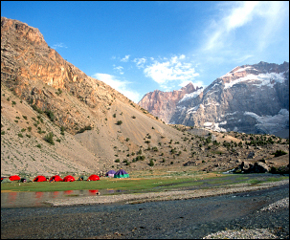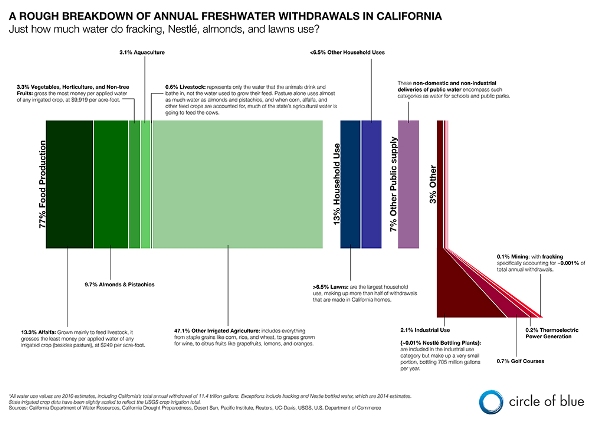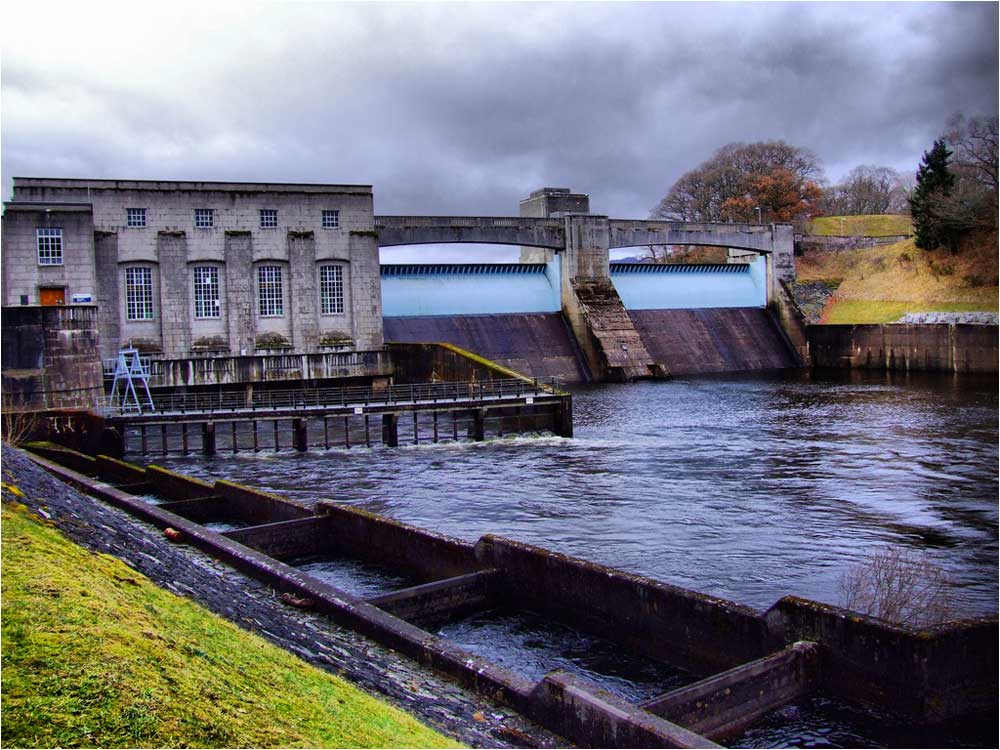Water Becomes a Pawn In Central Asian Energy Dispute
Uzbekistan’s exit from the regional energy grid spurs Tajik officials to complete the world’s tallest dam to secure domestic energy supplies.
 Uzbekistan’s decision to leave the Central Asia energy grid – which cuts off Tajikistan from importing and exporting electricity – has some Tajik officials suggesting that water supplies to Uzbekistan be restricted during the summer irrigation season, EurasiaNet reports.
Uzbekistan’s decision to leave the Central Asia energy grid – which cuts off Tajikistan from importing and exporting electricity – has some Tajik officials suggesting that water supplies to Uzbekistan be restricted during the summer irrigation season, EurasiaNet reports.
The energy and irrigation infrastructure in Central Asia was built during the Soviet period so that the five republics would be interdependent. Now independent, the five countries frequently argue about the constraints of the system. It was designed for gas- and oil-rich Kazakhstan, Turkmenistan and Uzbekistan to provide winter fuel supplies to water-rich Kyrgyzstan and Tajikistan in exchange for the irrigation water supply from the two mountainous countries’ reservoirs. These commodity swaps have been increasingly difficult to maintain because of market differences in water and gas, and mounting political rivalry.
Uzbekistan’s exit from the electrical grid is especially damaging to Tajikistan since all of its electricity imports and exports transit Uzbekistan. Tajikistan will suffer power shortages during its harsh winter and lose revenue from exporting electricity in the summer, according to EurasiaNet.
Tajik officials say they will be forced to operate the country’s hydroelectric power plants at full production this winter to make up for the lost imports – a move that will leave the reservoirs short of water for the summer irrigation season. Uzbekistan, which resides downstream, relies on irrigation for its agricultural sector, which accounts for 25 to 30 percent of its economy.
Uzbekistan left the grid after investing more than $1 billion in recent years to update its own electrical grid and end reliance on imports for its southern region, Radio Free Europe/Radio Liberty (RFE/RL) reports.
The regional grid has become “fragile and vulnerable,” which allows countries to “uncontrollably and with impunity steal energy in their own interests,” the Uzbek ambassador to Tajikistan said to EurasiaNet. Accusations between member states of stealing electricity have become more common over the last several years.
The Tajik government is using the situation to encourage investment in its hydroelectric sector. Tajikistan’s per capita hydropower potential is the highest in the world, according to Water Power Magazine, but the country lacks the money to capitalize on it.
The focal point of government efforts is Rogun dam on the Vakhsh River. Construction began in the late 1970s but stalled after the Soviet collapse. Three planned stages would incrementally raise the its height to 335 meters, which would make it the world’s tallest dam. Estimates of the cost to complete the dam are 2 to 6 billion dollars.
“The people of Tajikistan must believe that Rogun will surely be built.” said President Emomali Rahmon in CA News, “The satisfaction of our energy needs, the future development of our economy, and a rise in the living standards of our population depend on it.”
President Rahmon is urging all families to buy $700 worth of shares in the Rogun plant in order to collect the $600 million needed to complete Stage I, Itar-Tass reports. This is an unpopular move in a country where the average salary is $80 per month, RFE/RL reports.
This is not the first time the public has been asked to give money to the project. In May 2008, following a difficult winter of electricity shortages, the speaker of Tajikistan’s Parliament asked workers in Dushanbe, the country’s capital, to give half of their salary for two months to raise $10 million, according to EurasiaNet.
Source: EurasiaNet, Radio Free Europe/Radio Liberty
Read more from Circle of Blue about water management in Central Asia
Brett writes about agriculture, energy, infrastructure, and the politics and economics of water in the United States. He also writes the Federal Water Tap, Circle of Blue’s weekly digest of U.S. government water news. He is the winner of two Society of Environmental Journalists reporting awards, one of the top honors in American environmental journalism: first place for explanatory reporting for a series on septic system pollution in the United States(2016) and third place for beat reporting in a small market (2014). He received the Sierra Club’s Distinguished Service Award in 2018. Brett lives in Seattle, where he hikes the mountains and bakes pies. Contact Brett Walton










Leave a Reply
Want to join the discussion?Feel free to contribute!